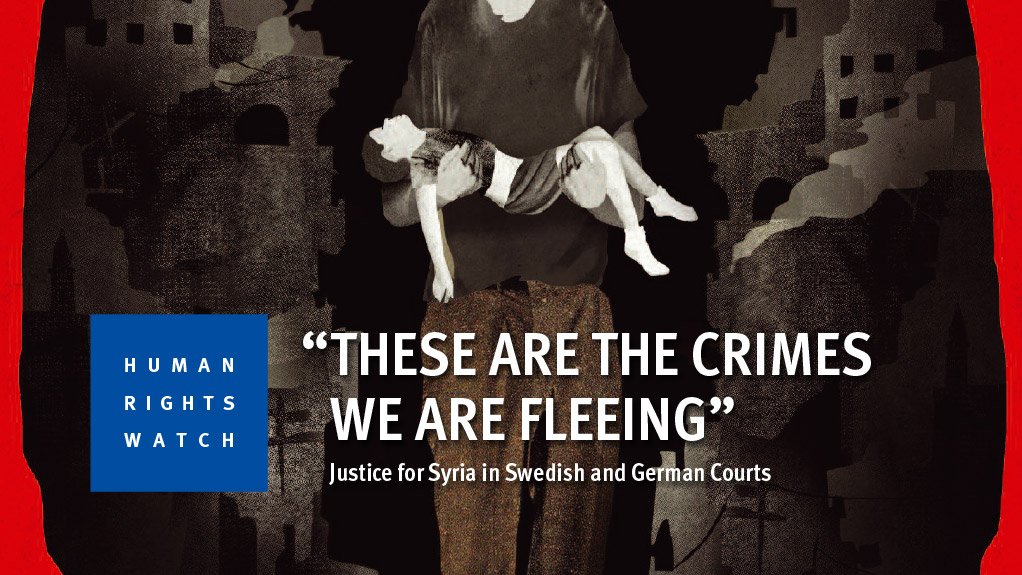- “These are the Crimes we are Fleeing” – Justice for Syria in Swedish and German Courts1.11 MB
Over the last six years the Syrian crisis has claimed the lives of an estimated 475,000 people as of July 2017, according to the Syrian Observatory for Human Rights. All sides to the conflict have committed serious crimes under international law amid a climate of impunity.
A range of groups have actively documented violations of human rights and humanitarian law in Syria. In late 2016, the United Nations General Assembly also created a mechanism tasked with analysing and collecting evidence of serious crimes committed in Syria suitable for use in future proceedings before any court or tribunal that may have a mandate over these crimes.
But for the most part, the wealth of information and materials available has not helped to progress international efforts to achieve justice for past and ongoing serious international crimes in the country. Syria is not a party to the International Criminal Court, so unless Syria accepts the court’s jurisdiction voluntarily, the court’s prosecutor needs the United Nations Security Council to refer the situation in Syria to her in order to open an investigation there. However, in 2014, Russia and China vetoed a Security Council resolution that would have given the prosecutor such a mandate. And neither Syrian authorities nor other parties to the conflict have taken any steps to ensure credible accountability in Syria or abroad, fueling further atrocities.
Against this background, efforts by various authorities in Europe to investigate, and, where possible, prosecute serious international crimes committed in Syria, may provide a limited measure of justice while other avenues remain blocked.
The principle of “universal jurisdiction” allows national prosecutors to pursue individuals believed to be responsible for certain grave international crimes such as torture, war crimes, and crimes against humanity, even though they were committed elsewhere and neither the accused nor the victims are nationals of the country.
Such prosecutions are an increasingly important part of international efforts to hold perpetrators of atrocities accountable, provide justice to victims who have nowhere else to turn, deter future crimes, and help ensure that countries do not become safe havens for human rights abusers.
This report outlines ongoing efforts in Sweden and Germany to investigate and prosecute individuals implicated in such crimes in Syria.
Report by the Human Rights Watch
EMAIL THIS ARTICLE SAVE THIS ARTICLE ARTICLE ENQUIRY
To subscribe email subscriptions@creamermedia.co.za or click here
To advertise email advertising@creamermedia.co.za or click here











